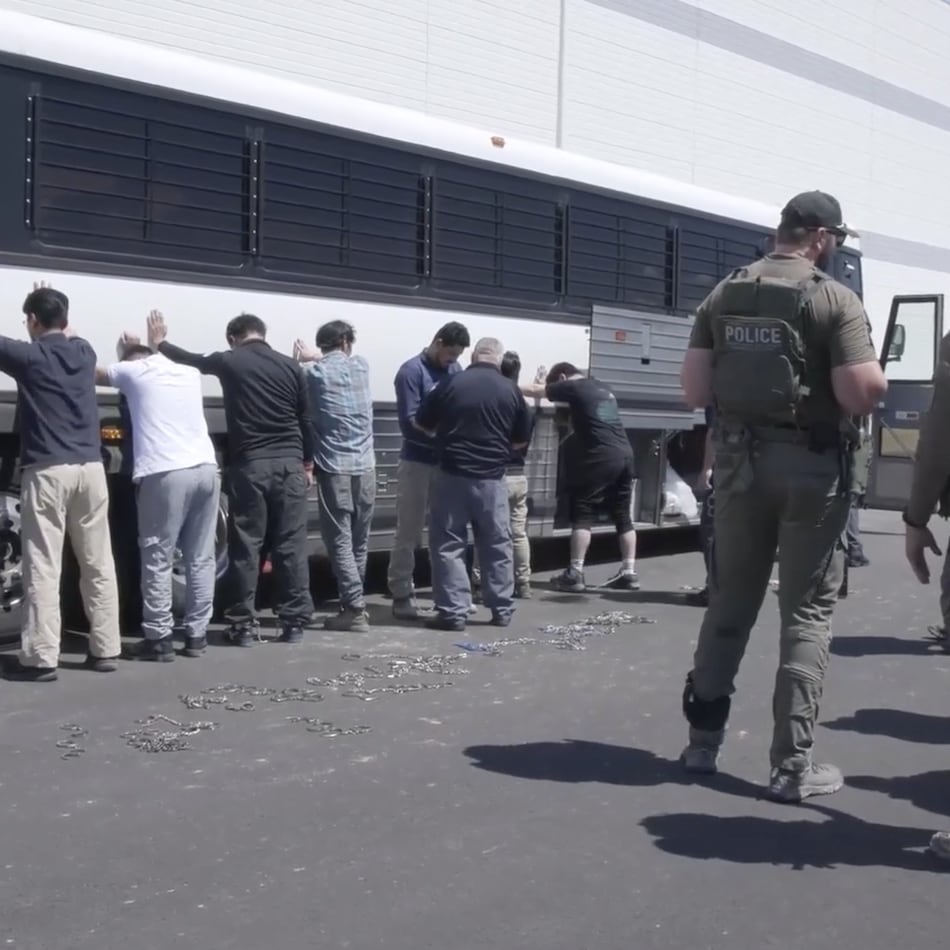SAN FRANCISCO (AP) — A federal judge on Monday skewered a $1.5 billion settlement between artificial intelligence company Anthropic and authors who allege nearly half million books had been illegally pirated to train chatbots, raising the specter that the case could still end up going to trial.
After spending nearly an hour mostly lambasting a settlement that he believes is full of pitfalls, U.S. District Judge William Alsup scheduled another hearing in San Francisco on September 25 to review whether his concerns had been addressed.
“We'll see if I can hold my nose and approve it” then, Alsup said before adjourning Monday's hearing.
The judge's misgivings emerged just a few days after Anthropic and attorneys who filed the class-action lawsuit announced a $1.5 billion settlement that is designed to resolve the pirating claims and avert a trial that had been scheduled to begin in December.
Alsup had dealt the case a mixed ruling in June, finding that training AI chatbots on copyrighted books wasn’t illegal but that Anthropic wrongfully acquired millions of books through pirate websites to help improve its Claude chatbot.
The proposed settlement would pay authors and publishers about $3,000 for each of the books covered by the agreement.
Justin Nelson, an attorney for the authors, told Alsup that about 465,000 books are on the list of works pirated by Anthropic. The judge said he needed more ironclad assurances that number won't swell to ensure the company doesn't get blindsided by more lawsuits “coming out of the woodwork.”
The judge set a September 15 deadline for a “drop-dead list” of the total books that were pirated.
Alsup's main concern centered on how the claims process will be handled in an effort to ensure everyone eligible knows about it so the authors don't “get the shaft.” He set a September 22 deadline for submitting a claims form for him to review before the Sept. 25 hearing to review the settlement again.
The judge also raised worries about two big groups connected to the case — the Authors Guild and Association of American Publishers — working “behind the scenes” in ways that could pressure some authors to accept the settlement without fully understanding it.
Both Authors Guild CEO Mary Rasenberger and Association of American Publishers CEO Maria Pallante attended Monday's hearing, but didn't speak. The trio of authors — thriller novelist Andrea Bartz and nonfiction writers Charles Graeber and Kirk Wallace Johnson — who sued last year also sat in the front row of the court gallery, but didn't address Alsup.
Before the hearing Johnson, author of “The Feather Thief” and other books, described the settlement as the “beginning of a fight on behalf of humans that don’t believe we have to sacrifice everything on the altar of AI.”
Nelson, the lawyer for the authors, sought to ensure Alsup that he and other lawyers in the case were confident the money will be fairly distributed because the case has been widely covered by the media, with some stories landing on the front pages of major newspapers.
“This is not an under-the-radar warranty case,” Nelson said.
Alsup made it clear, though, that he was leery about the settlement and warned he may decide to let the case go to trial.
“I have an uneasy feeling about all the hangers on in the shadows,'” the judge said.
—-
O'Brien reported from Providence, Rhode Island.
The Latest
Featured


